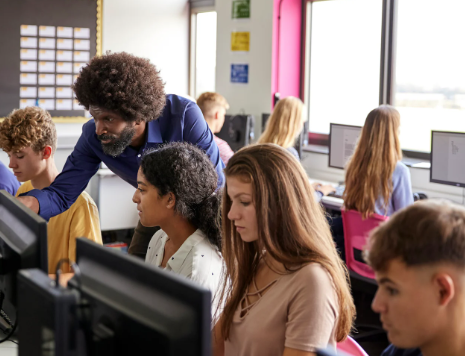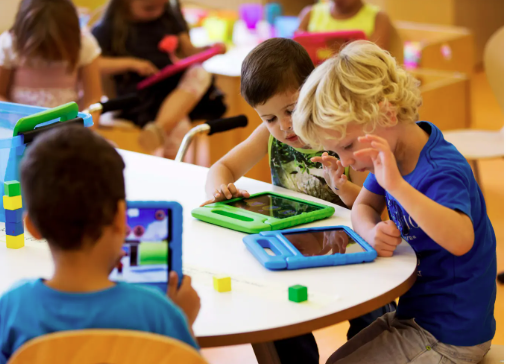Article:
Critical thinking is a foundational skill for success in both school and life. In 2025, educators are increasingly turning to personalized learning as a way to strengthen students’ ability to analyze, evaluate, and solve problems. By customizing instruction and encouraging active participation, personalized learning offers students meaningful opportunities to develop and apply critical thinking skills across subject areas.
Encouraging Independent Exploration
Personalized learning allows students to engage with topics at their own pace and in ways that match their interests. This autonomy encourages learners to ask questions, seek answers, and form their own opinions. Rather than simply absorbing information, students are guided to explore concepts deeply and think critically about what they are learning.
Problem-Based and Project-Based Learning
Many personalized learning environments incorporate problem-based or project-based approaches. These methods challenge students to investigate real-world issues, design solutions, and reflect on outcomes. In the process, students learn to analyze information from multiple sources, collaborate with peers, and make evidence-based decisions—all hallmarks of critical thinking.
Reflection and Self-Assessment
A key feature of personalized learning is encouraging students to reflect on their progress. Through self-assessment and goal setting, learners evaluate their own thinking and make adjustments as needed. This habit of reflection supports metacognition—the awareness of one’s own thought process—which strengthens problem-solving and decision-making abilities.
Adapting Instruction to Deepen Understanding
In a personalized learning environment, students receive instruction that adapts to their needs. If a student struggles with a concept, additional resources or alternative explanations can be provided. This tailored approach promotes deeper understanding and encourages students to think through challenges rather than memorizing answers.
Teacher as a Critical Thinking Coach
Teachers in personalized learning settings act as facilitators who guide students through open-ended questions and encourage multiple perspectives. They help students make connections between ideas, analyze reasoning, and consider different viewpoints. This supportive role reinforces critical thinking through dialogue, questioning, and feedback.
Conclusion
Personalized learning creates a rich environment for building critical thinking skills. By promoting inquiry, independence, and reflection, this approach prepares students to tackle complex problems with confidence and creativity. As classrooms in 2025 continue to evolve, fostering critical thinkers through personalized education will remain a vital goal for lifelong learning and success.














